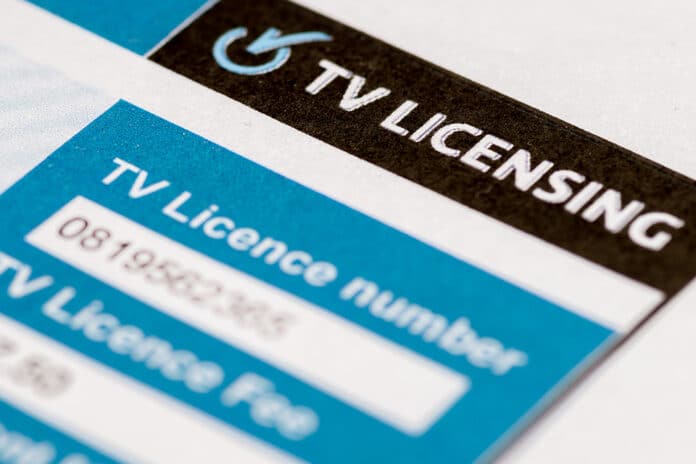
In just two years, the BBC Royal Charter renewal in 2027 will decide the future of the TV licence fee and the broadcaster’s role in the next decade. Despite a recent change in government, uncertainty remains over the fate of the increasingly unpopular funding model.
The previous government explored scrapping the licence fee, but the current administration has not committed to this course. However, alternatives will still need to be considered. Public discontent continues to grow, with over half a million households cancelling their licences in the last year. Many question the value of paying the fee as the BBC reduces public service output, such as BBC News and local radio, and loses major sports rights.
To address these concerns, the Charter Review will include public consultations, offering stakeholders and audiences a chance to voice their opinions. Several alternative funding models are being considered, each with distinct pros and cons.
1. Subscription-Based Model
The BBC could adopt a subscription-only system like Netflix, allowing viewers to pay for access. While this empowers households to choose, it would limit the BBC’s ability to fulfil its public service mandate, including free-to-air radio and universal access to news and cultural content. However, a subscription-only model would accelerate the decline of Freeview and disadvantage homes without high-speed broadband.
2. Household Levy
A flat household levy, similar to Germany’s system, could replace the licence fee. Everyone would pay, lowering costs per household. However, the UK’s lower average incomes compared to Germany could make this unaffordable for some, necessitating means-testing or linkage to council tax bands, complicating administration.
3. Broadband Levy
A fee added to monthly broadband bills would tie funding to digital access. While efficient, rising broadband costs could disproportionately burden low-income households and strain internet service providers, who may demand subsidies or administrative compensation.
4. Advertising
Opening BBC channels to advertising could generate revenue without public funding. However, it risks distorting the advertising market, harming smaller broadcasters. Additionally, cultural programming like Songs of Praise and Springwatch might struggle to attract sufficient ad revenue, leading to cuts.
5. Tax on Income
A model like Finland’s, where funding comes from an income-based tax, would link payments to earnings. While equitable, it may face political opposition as critics label it an additional tax burden.
6. Government Grants
Funding via government grants would eliminate direct public payment. However, this approach risks greater political interference and fluctuating budgets tied to changing administrations.
7. Commercial Broadcasting and Telecoms Tax
Like Spain’s RTVE, a tax on commercial broadcasters and telecom companies could fund the BBC. This option, however, would likely face significant legal challenges and objections from commercial stations.
8. Hybrid Model
A combination of options, such as a household levy and subscription services, could balance public service obligations with additional revenue streams. However, this might create a two-tier BBC, with premium content locked behind paywalls.
9. Retaining the Licence Fee
The UK could follow Ireland’s example by keeping the licence fee while providing additional government funding. However, cancellations continue to rise, threatening the sustainability of this model.
The decision in 2027 will shape not only the BBC’s funding but also its ability to serve as a public service broadcaster in an evolving media landscape. Keeping some form of public funding would also mean that whichever Government is in charge it can continue to exercise some influence over the BBC’s output.




